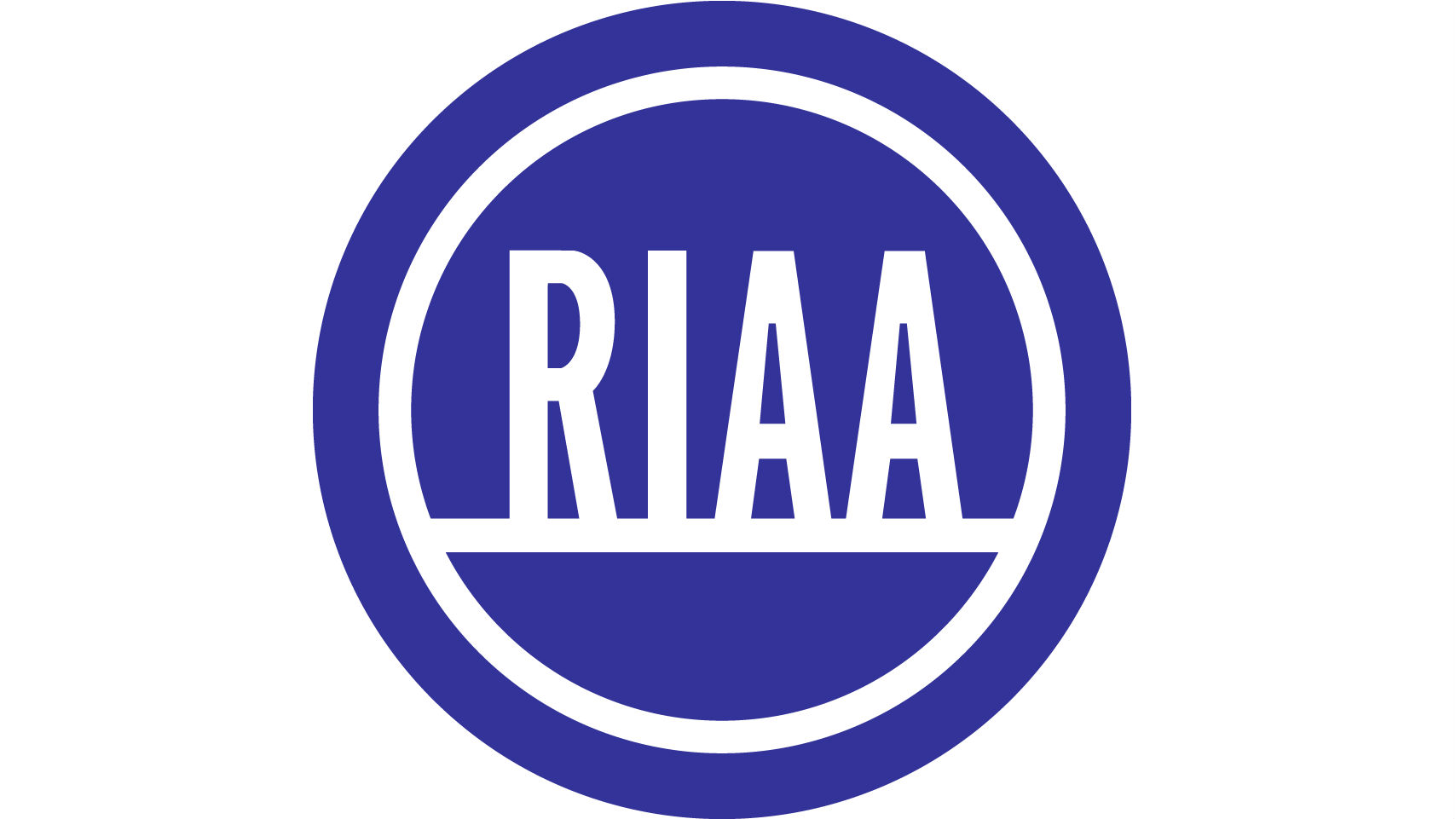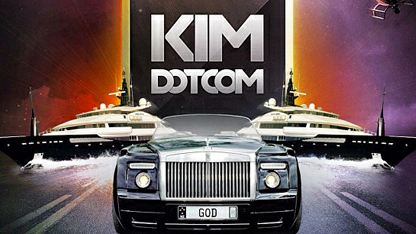10 worst enemies of tech: who's holding us back?
The guys who are making things difficult

Sign up for breaking news, reviews, opinion, top tech deals, and more.
You are now subscribed
Your newsletter sign-up was successful
Imagine that technology is a picnic.
You've spread out the blanket, put out the food and opened the wine, and you're about to enjoy one of life's great pleasures - but before you've even picked up a plastic fork the skies open, there's an invasion of insects and a seagull carpet-bombs you.
Who are these tech terrors, the organisations and groups that come to crap on our cucumber sandwiches? Let's find out.
1. Copyright industries
There are two kinds of copyright industries: the ones who embrace technology, and the ones who want to kill it with fire. The latter group, and their paid lobbyists, are the ones who push for worrying laws - laws that could have chilling effects on online freedom.

2. For-profit pirates
It's testament to how inept the copyright industries and their pals can be that they've turned a tosspot like Megaupload founder Kim Dotcom into a cult hero, but while he's amusing many he's also fuelling their argument that piracy is nothing more than an organised criminal business. Dotcom claims that he's a modern day Martin Luther King, unfairly prosecuted for piracy he knew nothing about, but leaked internal emails show that Megaupload's people knew exactly what they were getting when they paid their most prolific uploaders.

3. Patent trolls
In mythology, trolls live under bridges and eat people. In tech, they live in air-conditioned offices and eat money. Where traditional patent holders invent things and patent them to stop their competitors from nicking their ideas, trolls buy up loads of other people's patents and then, very aggressively, attempt to make money by suing alleged infringers. According to a study by Boston University, the direct costs of US patent trolls was £18.5 billion in 2011 alone - money that firms could have spent on research and development instead - with relatively small firms accounting for half of all cases.

4. Network operators
Where do we start? We don't have 4G yet because they're all bickering about it, we pay about a billion quid per megabyte if we dare check our emails outside Europe, we have to wait three thousand years for them to approve Android updates and we pay through the nose for contracts that give us too many minutes and too little data. What's not to like?
Sign up for breaking news, reviews, opinion, top tech deals, and more.

5. Cheapskates
Many of the things that make the internet so unpleasant - advertising overkill; three-paragraph articles broken into 300-page slideshows to boost page impressions; endless "WE HAVE AN APP! DOWNLOAD OUR APP! NO APP? NO ARTICLE FOR YOU!" popups on mobile sites - are there because of cheapskates: when people want content but aren't willing to pay for it, the money has to come from somewhere else. Are we okay with that? Of course we aren't: just look at the commenters in app stores who reckon that if apps aren't free, the developers are in league with Satan.

6. Facebook
Facebook is the Goldman Sachs of tech, a "blood-sucking vampire squid" that copies and crushes or buys and shuts down rival services, that breaks links by demanding you install a Facebook app to view publicly available content such as news stories, and that wants you spend your entire online time within its virtual walls. Remember the bad old days of AOL, CompuServe and The Microsoft Network? Facebook's trying to bring them back.

7. Politicians
They just don't get it, do they? It sometimes seems that anybody with an inside track to politicians gets exactly what they want, no matter how silly: draconian anti-piracy laws? Sure! Horribly invasive surveillance of everybody in the UK just in case someone does something naughty? Of course! Extradition of autistic hackers to the US, where they don't stand a hope of a fair trial? Absolutely!

8. Spammers
Not the email ones: the web ones, whose keyword stuffing, doorway pages and content farming pollutes the web with low quality content. If you've ever tried to find the solution to a specific tech problem, reliable reviews of electrical or electronic products or worse still, information about serious medical conditions, their causes and their treatment, you'll know that finding facts online is like looking for a single breadcrumb in a giant, steaming cauldron of crap.

[Image credit: Google]
9. Toothless regulators
Regulators aren't always useless - Microsoft's a much humbler organisation since the EU slapped it with an eye-watering fine for anti-competitive behaviour - but most of the time, tech firms run rings around them. Ofcom's broadband code of conduct on broadband speeds was widely ignored, the EU's moves to cut data roaming charges took five years to implement, and firms such as Google and Facebook sometimes appear to be operating on a "do what we like until the regulators make us stop" policy, and even that appears to be patchy: as we discovered this month, when Google was ordered in 2010 to delete the personal data it sneakily acquired via its Street View cars, it didn't bother to do so.

10. Us
Whenever we click a Mail Online link to be outraged by an article, discuss some drunken idiot posting offensive stuff on Twitter, sign up to an overpriced mobile contract, click through a 37-page slideshow or put up with appalling treatment from sites or services, we're helping to fuel the very things that drive us crazy. Many online problems are like wasps: if you ignore them, they often go away.

Contributor
Writer, broadcaster, musician and kitchen gadget obsessive Carrie Marshall has been writing about tech since 1998, contributing sage advice and odd opinions to all kinds of magazines and websites as well as writing more than twenty books. Her latest, a love letter to music titled Small Town Joy, is on sale now. She is the singer in spectacularly obscure Glaswegian rock band Unquiet Mind.